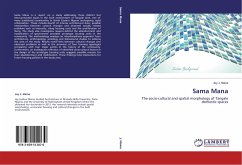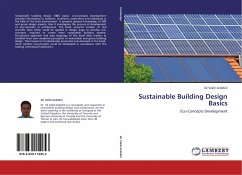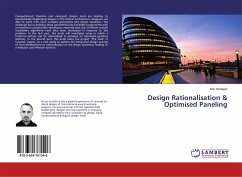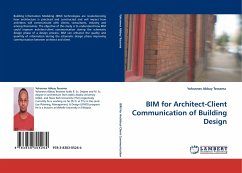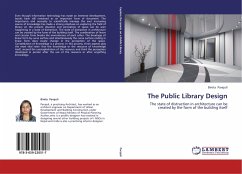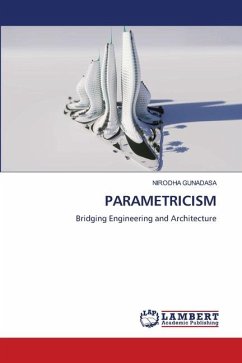Sama Mana is a report on a study addressing three distinct but interconnected issues in the built environment of Tangale land, one of many traditional communities in North Eastern Nigeria undergoing rapid urbanization. These include dearth of intense architectural data, possible relationships between cultural changes and observed socially related problems such as insecurity, rising housing costs and the proliferation of slums. The study also investigates reasons behind the abandonment and modification of government provided prototype housing units in the community. The methodology employs an interdisciplinary approach from architecture, anthropology, sociology and behavioural studies to address the aims of the study. Results reveal links between cultural changes and observed problems as well as the presence of four housing typologies correlating with four major events in the history of the community. Furthermore, an inadequate reflection of identified socio-cultural factors in the design of the prototype housing units suggests possible reasons for their abandonment and modification. These findings have implications for future housing policies in the study area.

